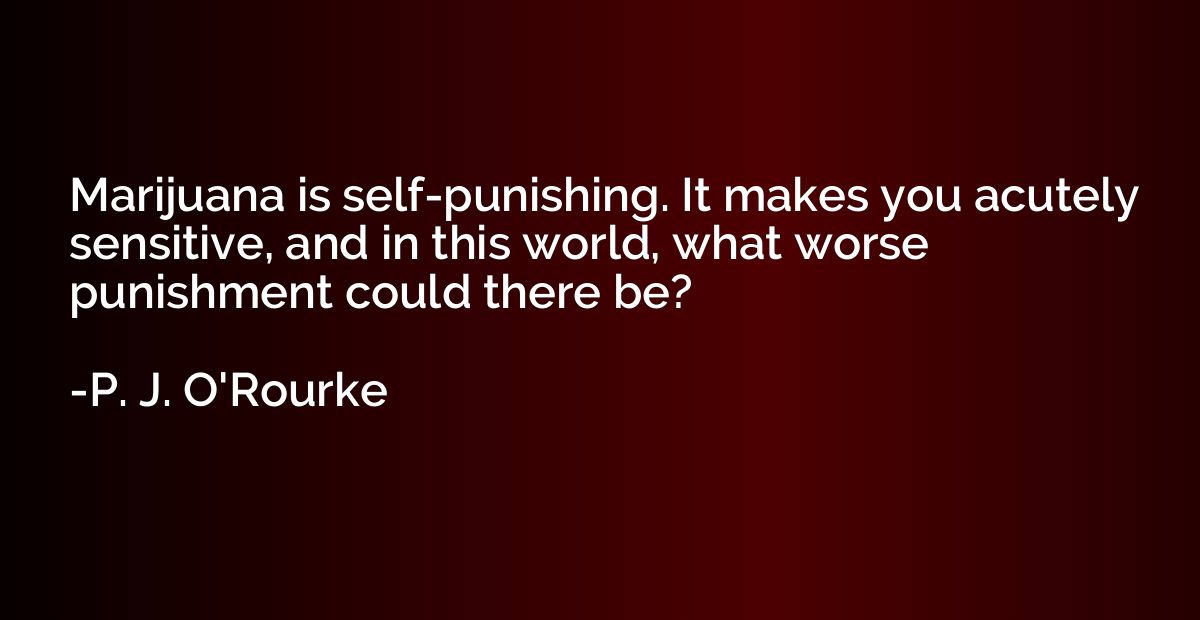Quote by Napoleon Hill
Understand this law and you will then know, beyond room for the slightest doubt, that you are constantly punishing yourself for every wrong you commit and rewarding yourself for every act of constructive conduct in which you indulge.
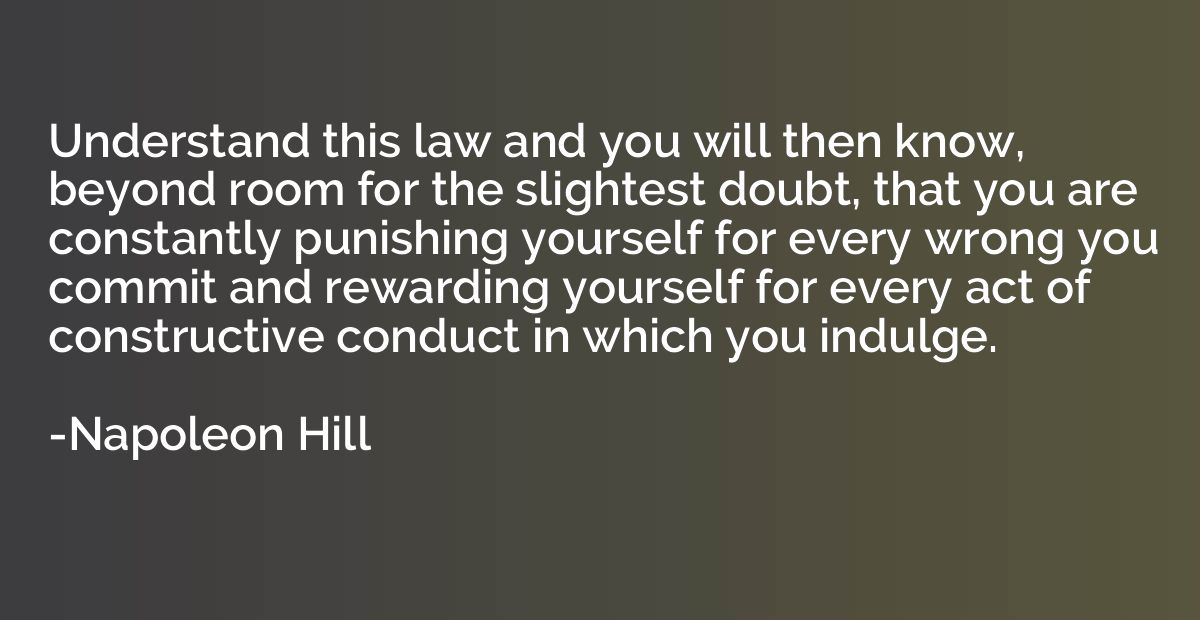
Summary
This quote suggests that there is a law at play, which implies that we are responsible for the consequences of our actions. It conveys that when we engage in destructive behavior that harms others or ourselves, we are unknowingly inflicting punishment upon ourselves. On the other hand, when we take part in positive and constructive actions, we are rewarding ourselves. In essence, it emphasizes the idea of personal responsibility and how our choices directly impact our experiences and outcomes in life.



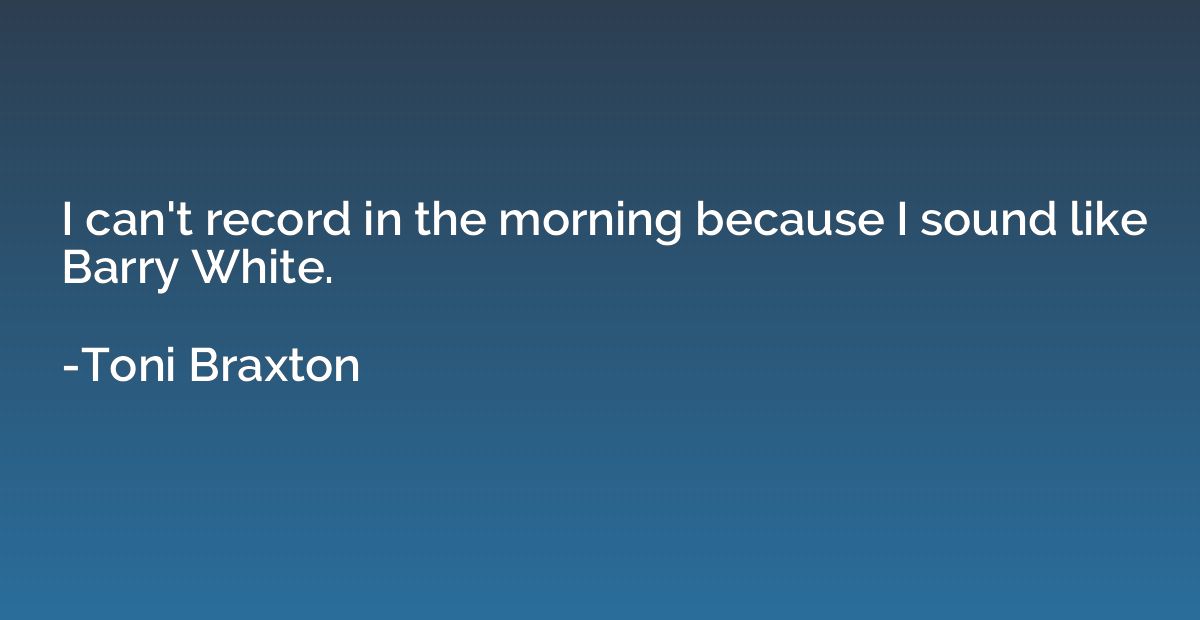
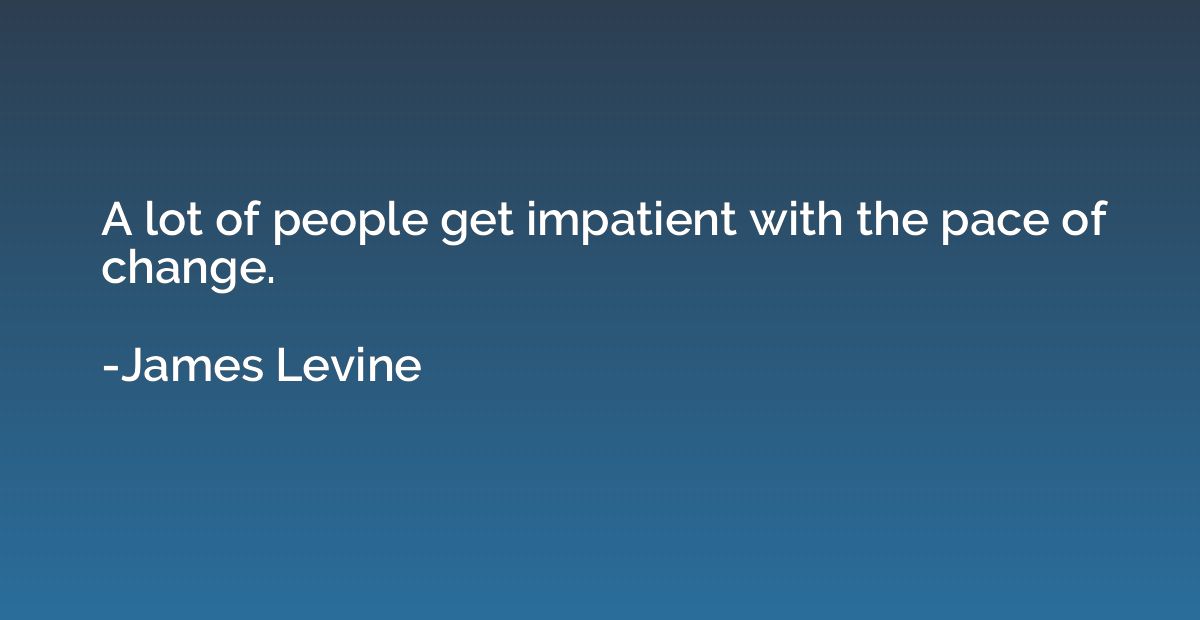
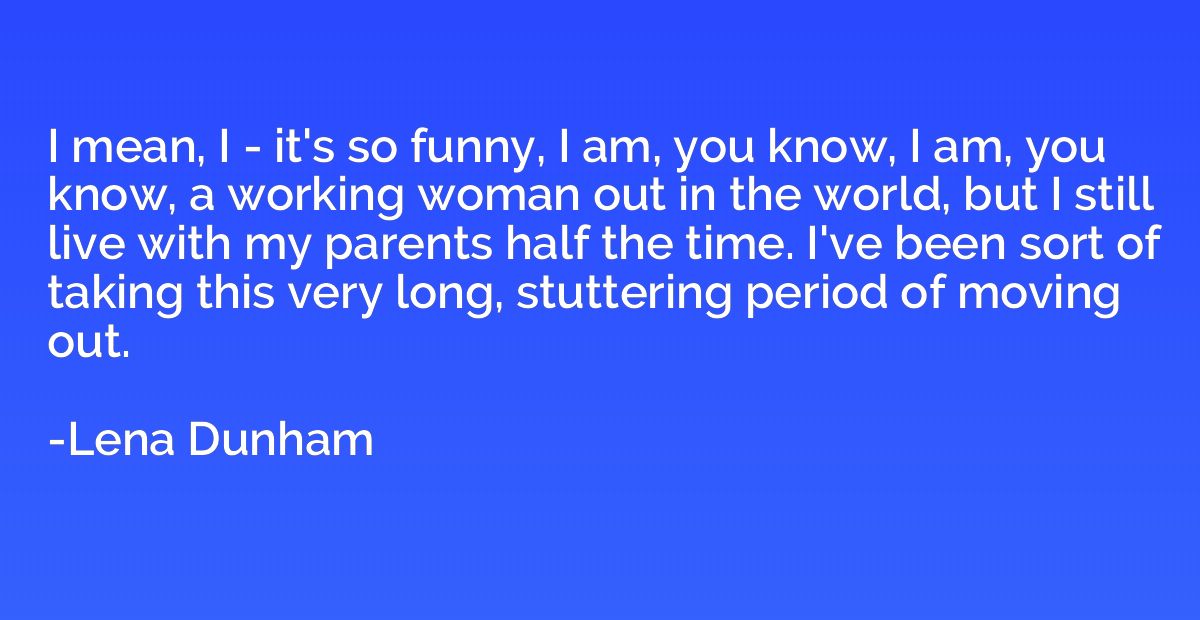

![[T]he downside of skepticism: it can easily turn into an arr](https://quotation.io/quotes/downside-skepticism-can-easily-turn-arrogant.jpg)
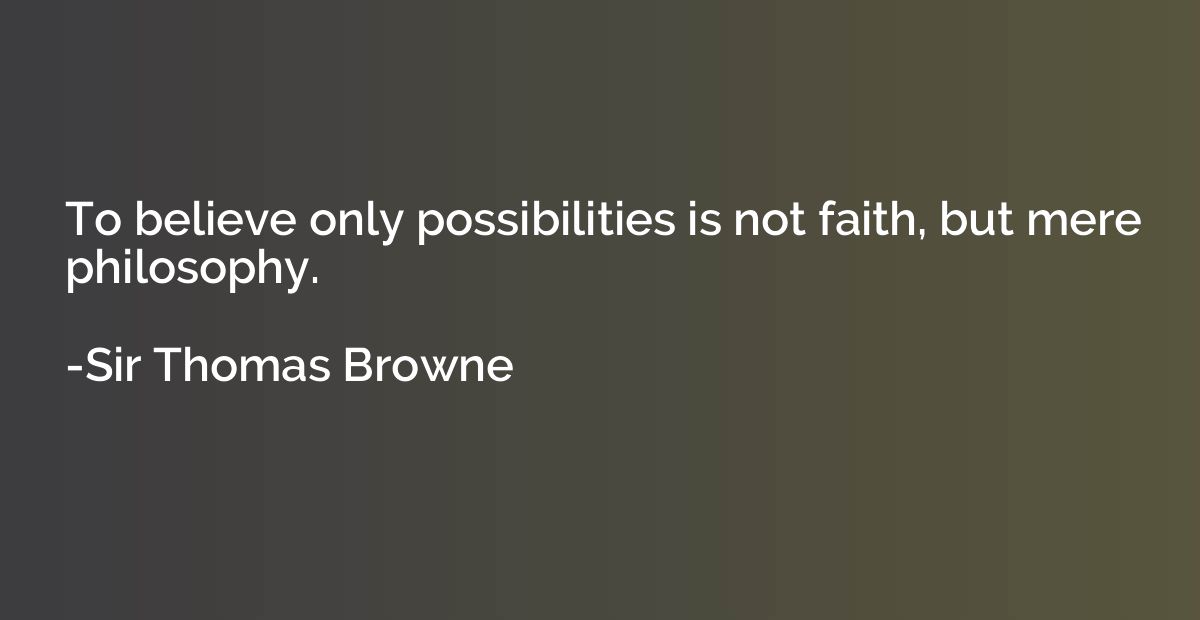

![It comes as no surprise to find [Norman] Mailer embracing [i](https://quotation.io/quotes/comes-surprise-find-norman-mailer-embracing.jpg)


